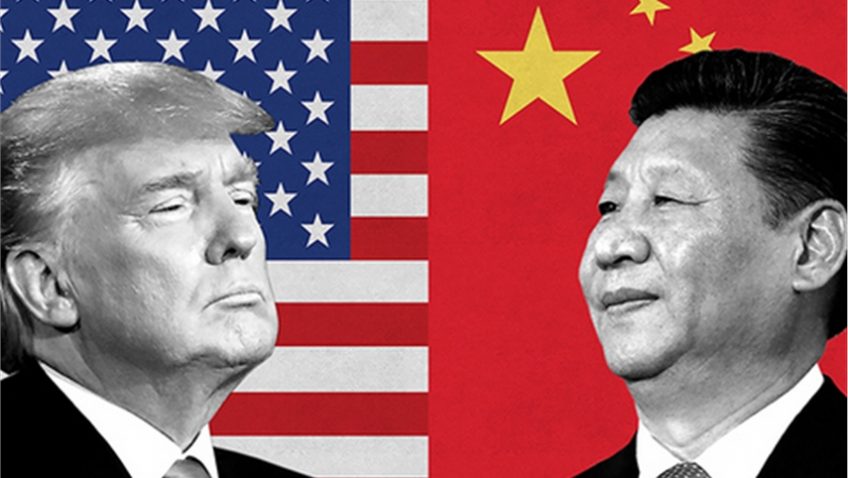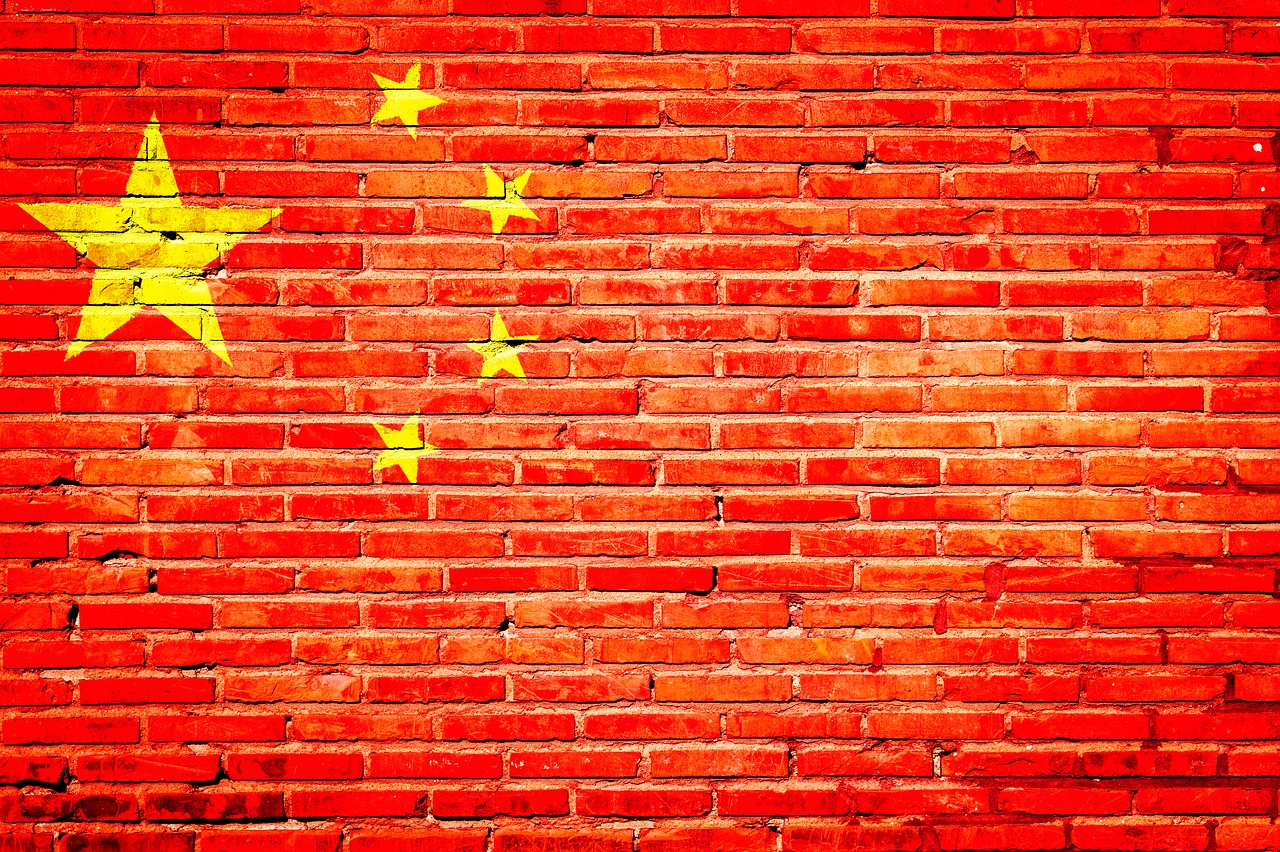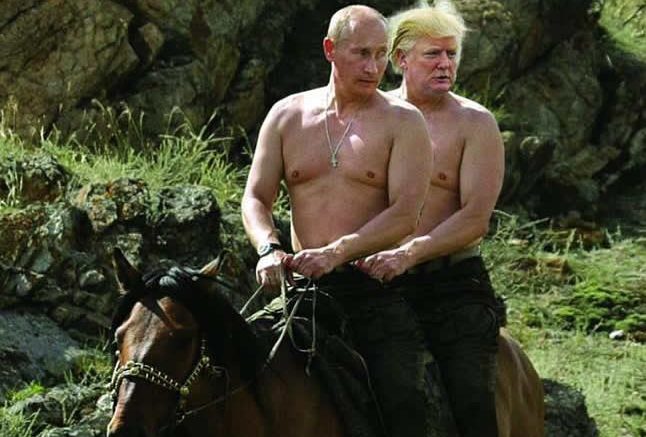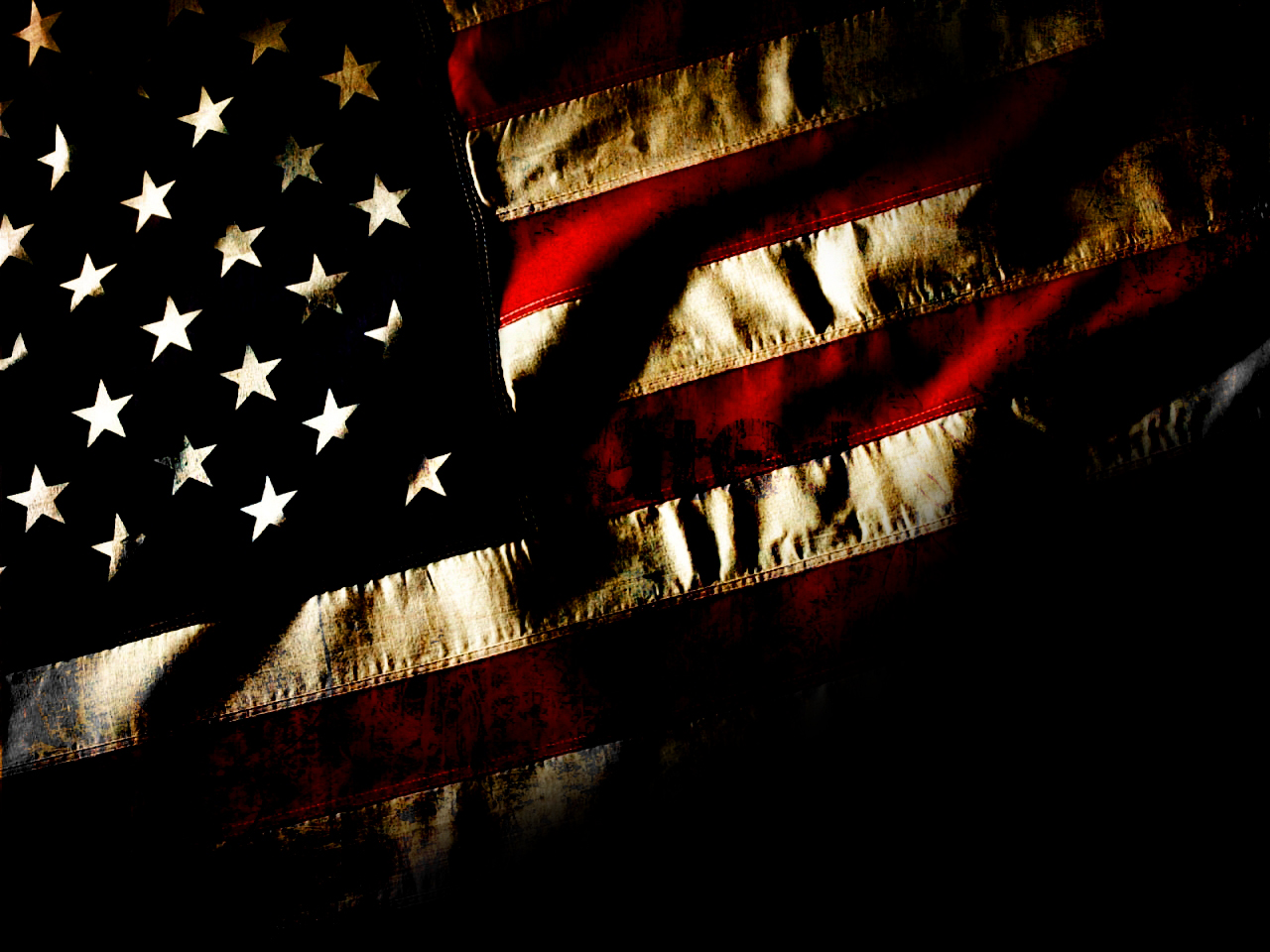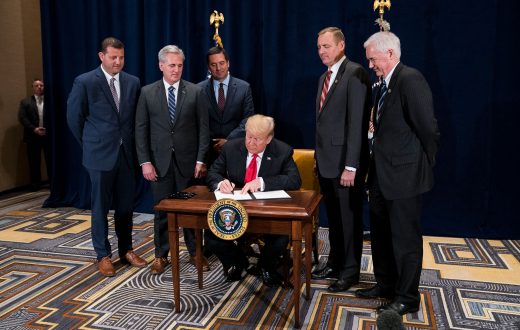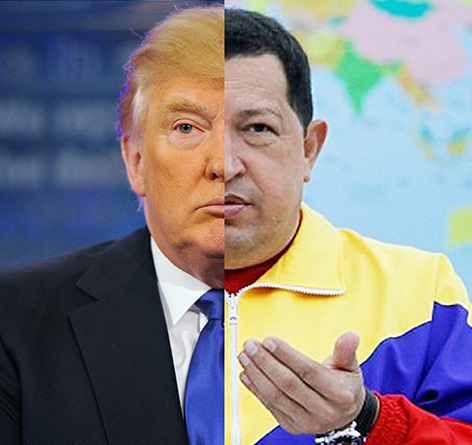As every news reader know, Donald Trump has launched a massive trade war against former U.S partners namely China and the European Union. On 25th of July, Jean Claude Juncker, the president of the European Commission and Donald Trump, no need to introduce him, signed a ” cease fire “. However, for several reasons, the trade war is far from over.

China is again and again the enemy
During his campaign, Donald Trump carried on plenty of attacks on Chinese trade policy. In January 2018, he began his trade war by slapping tariffs on solar panels and washing machines, and shortly after, on steel and aluminium. When it comes to foreign policy, one could only find differences between Obama and Trump presidencies. Nonetheless, both of them point out China as the new enemy and rival of the United States. When Obama had started the negotiations for the trans pacific partnership, he casted aside China. From an economic perspective the U.S and the E.U are too tightly closed to maintain a violent trade war. The U.S, no matter which administration we’re talking about, needs the E.U to counter China. The trade war with Europe might go to an end. But it is likely that this end is just the first step of a more global economic war.
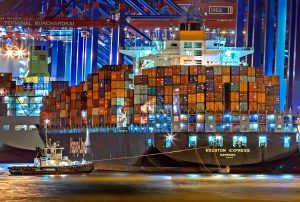
With Europeans, is the hatchet of war completely buried ?
If the E.U had a president, that would be the president of the European Commission. This institution is similar to a national government. There is a deep gap between his feelings on international trade and the ones of European citizens. Indeed, they feel more and more reluctant about free trade, especially in developed countries such as France or Italy. According to a 2015 polls made by YouGov, ” When it comes to the specific benefits or drawbacks of free trade agreements, the French and the Germans are divided, if not slightly negative “. In Austria or Italy, the governments are clearly against free trade. Western Europeans people are living a paradigm shift and soon or later, ballot boxes will be impacted by this shift. Consequently, in the medium term, conflicts about trade policies between the U.S and European peoples are likely to erupt.

International relations and especially geoeconomics is hard to predict. But some trends can be fully analyzed and understood. States and empires have always handled trade and businesses. It has to be said that firms, corporations, supra national organizations have done their best to override national sovereignties, in terms of trade policy. What we point out as a ” trade war ” can be seen as a simple return to normalcy in diplomacy and geo-strategy.

